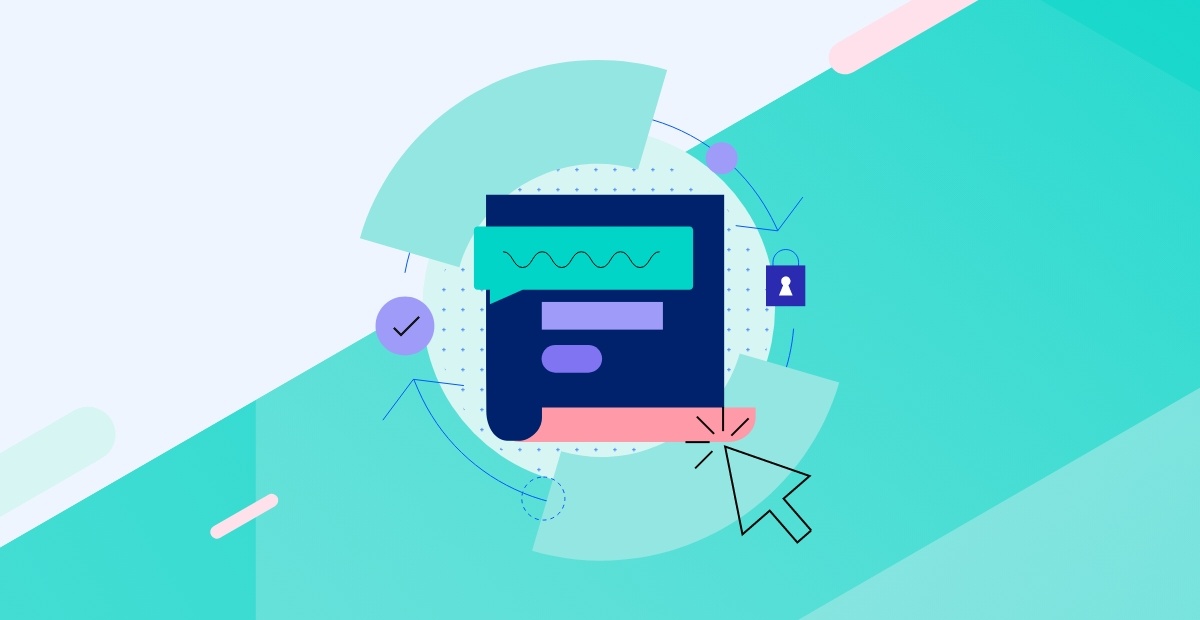A Day in the Life of a Healthcare CIO — No Pressure!

Some things happen to a healthcare CIO that just don't happen to IT execs outside of the healthcare industry. On some days, you walk down the hospital corridors beaming, thinking of how your work directly improves human health and quality of life. On other days, you'd like to pick up the nearest scalpel and drive it through the back of your hand.
Most CIOs don't stand in the gap between life and death the way healthcare CIOs do. Every superhero has their problems. These are some of yours.
Your Data Breaches Should Not Cost This Much
Home Depot, according to Reuters, recently settled a lawsuit related to its 2014 data breach. The company agreed to divvy up $19.5 million between the 50 million Home Depot cardholders affected by the breach, or about 39 cents per record breached.
Puh-leeze.
Advocate Health Care, based in Downers Grove, Ill. (there couldn't be a better town name for this story) paid a $5.5 million settlement for 4 million compromised records, which comes out to $1.38 per record, or 3.5 times what Home Depot ponied up for its data breach.
And how did Advocate get breached? According to Becker's Hospital Review, someone broke into one of their offices and stole four laptops. That's right — it wasn't a cunning cyberattack or some technological failure to preserve PHI (personal healthcare information). They were penalized because they were burglarized.
C'mon. Seriously?
But there's a bright side: Reuters also says that Home Depot plans to hire a CIO of its own. We hear the data breaches are cheaper over there, so it's time to launch your secret plan to hightail it out of healthcare and into the retail industry.
ICD-whaaaat?
When the implementation deadline for ICD-10 got extended to October 2015, and you wrapped the transition, you thought you'd never have to deal with big coding changes again.
Wrong.
Within a year, you had to add, per Becker's count, 3,651 hospital inpatient procedure codes and 1,900 diagnosis codes, including 313 deletions and 351 revised codes. At the same time, Medicare stopped accepting unspecified codes for Part B.
In other industries, there are only a few ways to get paid. You get cash, you get a check, someone swipes a card and magically gives you money or you earn compensation through stock options. It's not that complicated. If you're a healthcare CIO, you'll have 75,625 ways to get paid, according to the American Academy of Professional Coders, and that's just ICD-10-PCS. And guess what? Come next March, you may get a few more.
Affordable Care Act (ACA) Drama
According to the Centers for Medicare & Medicaid Services (CMS), the healthcare industry spent $34.7 billion on fulfilling Meaningful Use requirements. Those dollars include the cost of implementing electronic healthcare records (EHR) and electronic medical record (EMR) applications as well as capital expenditures on associated infrastructure.
As John Halamka, MD, CIO of Beth Israel, stated in a 2014 Healthcare IT News video, "when we look at ICD-10, Meaningful Use, ACA, the HIPAA Omnibus Rule, providers are getting to the breaking point. IT professionals are sometimes on the receiving end of that frustration." Yep. And guess what? It was all for nothing.
Ultimately, the average healthcare CIO will keep a lot of changes related to the ACA in place insofar as they've improved patient care coordination and empowered patients to take control of their health care. But depending on the outcome of negotiations between the president-elect and Congress, much of the ACA could disappear. Halamka said two years ago, "Don't worry. It's gonna be okay. These will be the times we tell our grandchildren about."
Uh-huh. The time you spent all that money, and endured all that frustration, only to see the law be repealed.
Failure Means People Could Die. No Pressure on the Healthcare CIO!
We too saw that snazzy infographic about how much downtime costs your average business. When we have downtime for critical applications or fail to meet our SLAs, people get sick or even die. So yeah — as much as we walk down that hall congratulating ourselves for making lives better, we live with the shattering notion that our shortcomings have life-or-death consequences. Put that in your infographic. Or better yet, please don't. Buy us a drink instead.
Looking for some lighter reading? Take a look at ways to avoid SLA penalties in your hospital. Then, return to the noble work of being a healthcare CIO. The fact is, we save more lives than we lose. Maybe we won't apply for that Home Depot CIO position after all.

